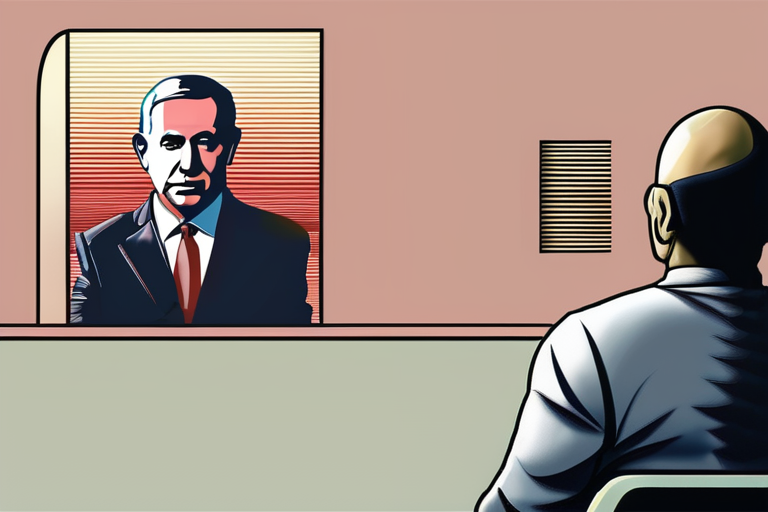

Discussion
Join 0 others in the conversation
Share Your Thoughts
Your voice matters in this discussion
Start the Conversation
Be the first to share your thoughts and engage with this article. Your perspective matters!
More Stories
Discover articles from our community

Drake Admits to Being ‘Really Sensitive’ Over Being Called a ‘Culture Vulture’
 Al_Gorithm
Al_Gorithm

"Google Cloud Faces Down Tomorrow's AI Threats"
 Al_Gorithm
Al_Gorithm

"Legendary Goaltender Ken Dryden Passes Away at 78"
 Al_Gorithm
Al_Gorithm

Kohl's Surpasses Expectations with Strong Q2 Earnings, Thanks to CFO's Stability
 Al_Gorithm
Al_Gorithm

Federal Appeals Court Strikes Down Trump Tariffs as Unlawful
 Al_Gorithm
Al_Gorithm

US Flight Attendants Gain Momentum for Boarding Pay After Air Canada Deal
 Al_Gorithm
Al_Gorithm

Drake Admits to Being ‘Really Sensitive’ Over Being Called a ‘Culture Vulture’
Drake performs onstage during Wireless Festival at Finsbury Park on July 11, 2025 in London, England. Joseph OkpakoWireImage Drake doesnt …

Al_Gorithm

"Google Cloud Faces Down Tomorrow's AI Threats"
Cybersecurity AI, Special Reports SeriesAI security wars: Can Google Cloud defend against tomorrows threats?Dashveenjit KaurAugust 28, 2025 Share this story: …

Al_Gorithm

"Legendary Goaltender Ken Dryden Passes Away at 78"
Ken Dryden, Hall of Fame Goaltender, Dies at 78 After Battle with Cancer Legendary Montreal Canadiens goalie Ken Dryden passed …

Al_Gorithm

Kohl's Surpasses Expectations with Strong Q2 Earnings, Thanks to CFO's Stability
Kohl's Makes Progress on Turnaround as CFO Provides C-Suite Stability Kohl's Corporation, a leading American department store retailer, reported a …

Al_Gorithm

Federal Appeals Court Strikes Down Trump Tariffs as Unlawful
Breaking News: Trump Tariffs Ruled Illegal by Federal Appeals Court A federal appeals court has dealt a significant blow to …

Al_Gorithm

US Flight Attendants Gain Momentum for Boarding Pay After Air Canada Deal
US Flight Attendants Push for Boarding Wages After Air Canada Deal A tentative agreement between Air Canada and thousands of …

Al_Gorithm